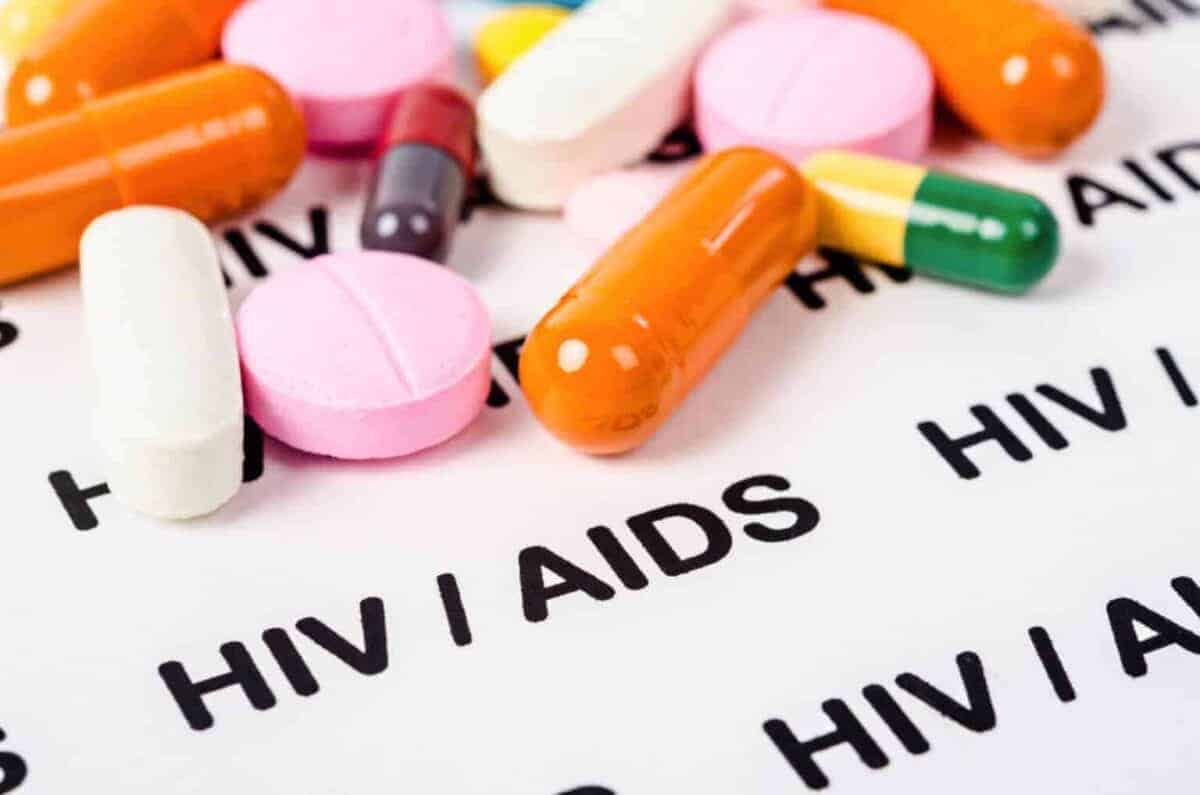The organisation contributes to medical care in terms of HIV testing, sexually transmitted infections and related diseases.

The United States-based Aids Healthcare Foundation (AHF) has vowed to work around the clock to ensure the well-being of HIV patients left in limbo after the US government withdrew financial support for programmes to fight HIV/Aids in Africa.
After returning to power this year, President Donald Trump cut off the financial support that the federal government was giving to the HIV/Aids projects in Africa.
Impact of US funding cuts on HIV programmes
The withdrawal of funding has already begun to negatively affect many non-profit organisations in South Africa, with some shutting down. Speaking outside Tshepisong Clinic in Soweto, AHF board member Condessa Curley said her organisation would continue to empower HIV patients throughout South Africa.
Curley, who is in SA to check on AHF’s HIV/Aids projects, said: “Even though money has been withdrawn by the federal government, which we are not a part of, we are a non-profit organisation.
“We collaborate with all partners because even though we are a large organisation and we have a presence all over the world, we cannot do this alone.”
AHF’s pledge to continue the fight
She said AHF would keep on assisting the indigent communities affected by the pandemic.
“We are here to stay. We will continue to do the work and to advocate for all those who are in need. We will continue to provide the services.
ALSO READ: New funding model for SA’s HIV-Aids studies
“We, however, need other stakeholders to partner with us. We can’t do it alone.”
Even though she believes that a good fight has been fought against the pandemic, she said more still needs to be done to get more people tested and staying on treatment.
“We are the largest provider of HIV care in the world and we have 2.5 million people in care. We are present in 49 countries worldwide.
“As a board member of 18 years and as a physician in the US, I have done a lot of work in Africa. What I’m most proud of is that the AHF supports the lives of those unable to support themselves.
“Our organisation always makes sure that people access treatment and support regardless of their ability to pay.
“When I go back to the US and sit on the board I will definitely let them know how wonderful the work is, how appreciative the people we have encountered are and ensure that we keep our commitment to doing the work.”
Expanding support through youth initiatives
Curley said their South African initiatives include the Girls Act, in which young girls are trained to offer emotional support to community members affected by the pandemic and community food gardens in which patients are trained to produce vegetables.
ALSO READ: Mashatile demands urgent action to close HIV treatment gap
Surprise Mokwatsi is one of the young leaders trained by AHF in the Girls Act programme.
“We teach young girls aged 10 to 24 about advocacy, leadership, menstrual health, hygiene and other related things. This project taught me the importance of confidentiality and to be able to offer peer-to-peer support.
“If someone of the same age as me is going through something and is unable to speak to the elders, I’m able to speak to them and I don’t go around telling other people about it. Our job includes organising events, inviting parents, teachers and young people to talk about HIV and other relevant issues.”
Food gardens offer both care and employment
AHF also contributes to medical care in terms of HIV testing, sexually transmitted infections and related diseases.
“More importantly, we look at the diseases that take people’s lives in conjunction with HIV, such as tuberculosis and cervical cancer.
“The HIV stigma is still huge and the biggest message we put out is that regardless of who you are, what your socioeconomic status is, where you live, HIV can impact you and your family, maybe not directly.”
One of the food garden beneficiaries said the project had created employment.
NOW READ: Malaria deaths set to rise as global aid cuts deepen crisis
Support Local Journalism
Add The Citizen as a Preferred Source on Google and follow us on Google News to see more of our trusted reporting in Google News and Top Stories.








